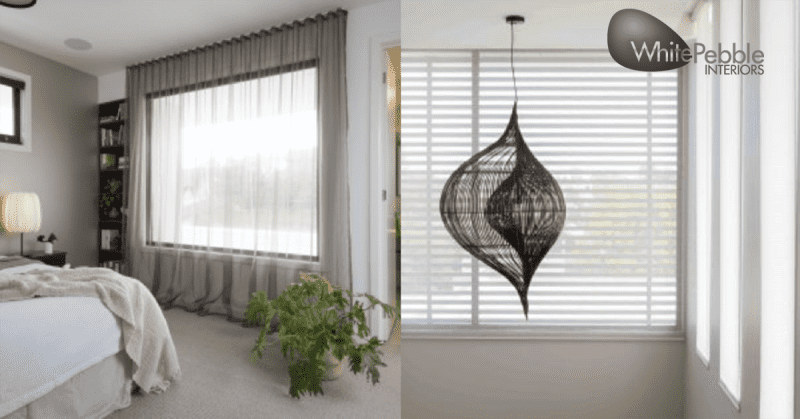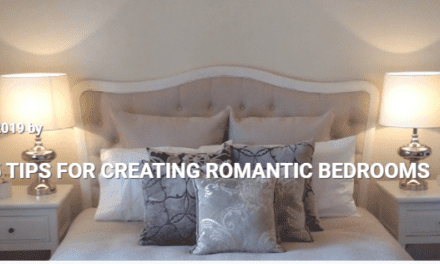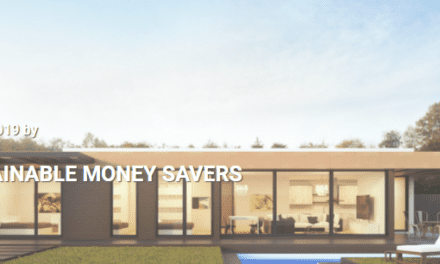There are many benefits to speaking to different consultants early on in the process of building or renovating your home to mitigate mistakes. Think landscape designers, sustainability consultants, and also interior designers. Some of the main benefits are:
- You get the most out of them, as they can add more value to you when engaged at the right time and it’s not left too late. You get your desired outcome.
- To save you money, as they are experts who can provide cost savings and ideas you hadn’t thought of. You also work on elements of the project at the right time to maximise cost efficiencies.
- Ensures all elements are covered off to ensure you do not have costly retrofits later, or things you can’t alter at all down the track.
As an interior designer, but one who works with clients right from the outset with the overall project in mind – the building design, landscaping and energy efficiency all at the forefront of my mind from the start.
Many internal elements need to be planned in advance, however, an interior designer is often brought in towards the end of the project to decorate.
There is sometimes confusion between an interior designer and an interior decorator. An experienced interior designer works with an architect, and often the builder, to consider the many internal elements of a home. They create the design schemes, specify materials, and fittings and fixtures. They assess the flow of a space and look at functionality. They often have a strong relationship between indoor and outdoor. A decorator works more with soft furnishings and the finishing decorating touches. An interior designer may or may not also do decorating. Engaging an interior designer early on in the project ensures that important elements will not be forgotten or overlooked.
Here are some examples of what an interior designer will review early on, to ensure you’re getting the best possible result, and best value.
Window treatments
They will review your windows to assess them based on privacy requirements, sun management, energy efficiency, sleeping requirements and aesthetics, to determine the ideal window treatment for each window. Will electrical wiring be required for motorisation? Will there be in-built pelmets? Will there be issues with light bleed? How will the window reveal affect your blinds or curtains? Do you have enough wall for a curtain stackback?
Many people don’t consider window treatment options at floor plan stage, however, so many miss the boat in being able to have what they truly desire, by not being fully prepared at the right time. Sometimes provisioning is all that is required to ensure you’re ‘future proofed’ for any options or changes later on.
Lighting
An interior designer will think about task, mood, and ambient lighting, and should be suggesting alternatives to downlights to ensure all the lighting in your home is meeting its intended purpose. They will want to create flexibility in each room, so lighting can be adapted based on the any given requirement for that room at any point in time.
They will review and assist in the selection of decorative lighting such as pendants and lamps (if required), and how they can be incorporated into the overall interior design aesthetic.
They may also suggest a lighting designer depending on your objectives for the home.
Space Planning
A designer will get into the ‘nitty gritty’ and details of space planning, too. They will create a furniture layout for each room to ensure windows are in the right location for your interior layout, and that key furniture pieces will fit where you want it to go. Often, when this is not done early enough you can end up with windows in the wrong location, or walls not where you need them to be for a TV and artwork.
Functionality
An interior designer will review how the overall home will work for you, and will ask lots of questions to do this. They will look at entertaining, where you will be relaxing, how to create zones, and the integration between indoor and outdoor space, just as an example. They will assess flexibility of spaces, including future-proofing, and really delve into what is going to be happening in the home now, and in years to come to ensure it’s going to service you as it should, and that there is enough flexibility in the floorplan for adapting to different scenarios.
They will get into the details of functionality in the kitchen and bathrooms in terms of layout, flow, storage, and essential components to make them work for you.
An interior designer should not be an afterthought. They are not someone who comes in at the end to sort out your furniture and scatter cushions. Of course, they can do all of this, and it finishes a home off, however, their expertise means you need to get them engaged right from the start. They’ll work in and out of the project at different stages.
If you want to speak to an interior designer about your project, call Frances on 0401 194 095






